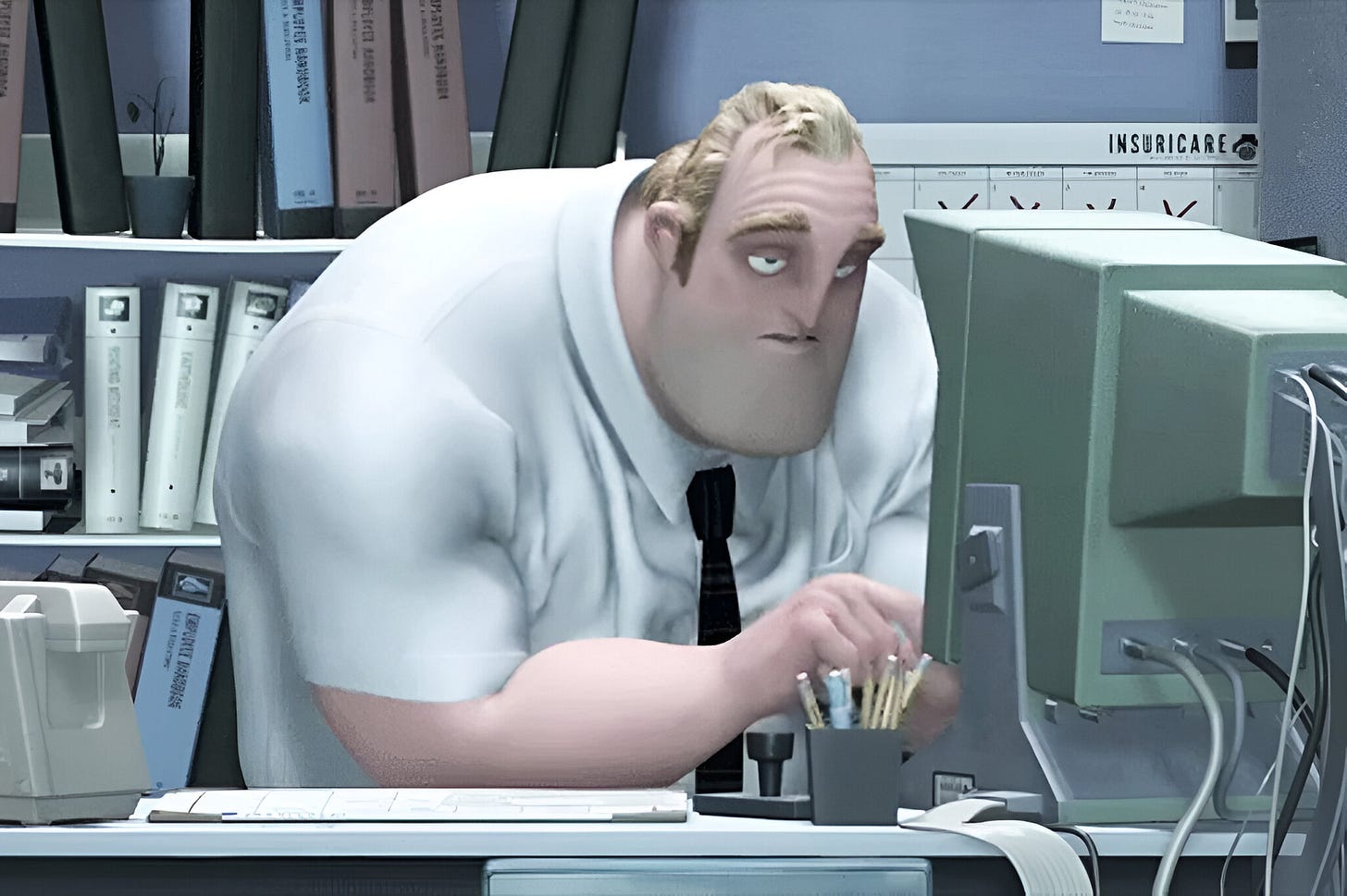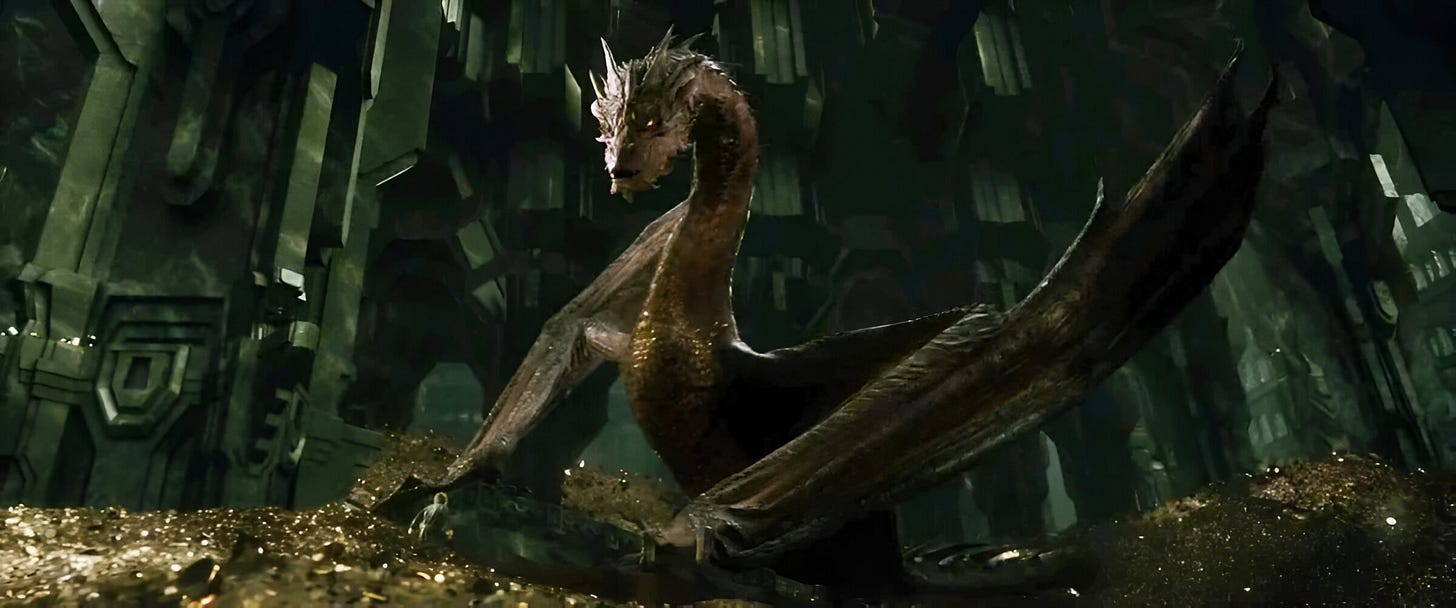Issue #15: What Really Matters in Life
Reflections on money and freedom
Reading time: 5 minutes
Merry Christmas, everyone!
It feels amazing to say the newsletter has grown to 248 members in under 90 days. That might not sound huge compared to the big names out there, but to me, it’s a milestone that means the world.
To every single person who joined and supported the journey, thank you. Truly. I hope your holidays are full of joy and peace.
Normally, the focus here leans toward finances, but holidays have a way of pulling the conversation into deeper places.
Throughout our vulnerable existence, money has ingrained itself into our lives in one way or another, acting as an abstraction of value and an invisible force dictating social structures and human behavior.
It serves as a silent drumbeat to our monotonous, robotic march from one concrete coffin to another, where life loses its soul and becomes a mechanical rhythm.
Today, the situation has grown even worse.
We have transformed our homes which were once sanctuaries of peace and places to disconnect into remote working spaces that blur the boundaries between rest and labor. And it leaves no refuge from the relentless cycle.
The reason we work is simple. For 99% of humanity, work is not a pursuit of meaning or fulfillment; it is a surrender to the inescapable need for money.
Money for food, for a roof over the head, and, most importantly, for freedom. Freedom to make choices without constant compromise. Freedom from the indignity of dependence. Freedom to carve out even the smallest semblance of control over one's life.
This is why many see investing as the fastest path to becoming truly free. Although there is truth in this, life is not, and should not be, measured by the accumulation of currency.
Money, while indispensable for providing comfort, security, and opportunities, is but a tool—neither inherently good nor evil, but amplified by the intentions of its wielders.
In the pursuit of financial gain, we lose sight of what truly matters: the warmth of the sun on our skin, the laughter of loved ones, and the peace of a quiet mind. We forget the miracles we carry within us every day—the miracle of sight, of movement, of sensation. These are the silent gifts of life that we so easily dismiss and take for granted when our eyes are set only on the horizon of more.
But Seneca reminds us in On Tranquility of Mind:
"It is not the man who has too little, but the man who craves more, that is poor."
To live truly is to recognize that beyond the ledger of what we own, there lies an unquantifiable wealth in moments, in learning, in growth, and in the legacy of kindness we leave behind.
Money can buy many things, but it cannot purchase time, cannot heal a broken heart, nor can it grant the wisdom to see beyond its own allure.
So, go on that vacation you always dreamed of. Dance in the rain. Call an old friend you haven’t spoken to in years. Jump into a puddle as if you were a child again. And above all, live with the understanding that each moment, each experience, is a gift to be cherished.
Before saying goodbye, I want to share a parable with you.
The Story of the Businessman and the Fisherman
An American businessman was standing at the pier of a small coastal Mexican village when a tiny boat docked nearby. Inside the boat, a fisherman sat with several large, freshly-caught fish. Impressed, the American complimented the fisherman on the quality of his catch and asked, “How long did it take to catch them?”
The fisherman replied with a smile, “Just a little while.”
Curious, the American asked, “Why don’t you stay out longer and catch more fish?”
The fisherman shrugged and said, “I have enough to meet my family’s needs.”
“But what do you do with the rest of your time?” the American pressed.
The fisherman chuckled and explained, “I sleep late, fish a little, play with my children, take siestas with my wife, Maria, and stroll into the village each evening to sip wine and play guitar with my amigos. My life is full and happy.”
The American scoffed, “If you spent more time fishing, you could sell the extra fish and make more money. With that money, you could buy a bigger boat. With the profits from the bigger boat, you could buy several boats. Eventually, you could own a whole fleet of fishing boats.”
The fisherman listened politely as the American continued. “With the fleet, you could cut out the middleman and sell directly to the processor. You could even open your own cannery, controlling the product, processing, and distribution. Soon, you’d need to leave this village and move to a big city where you’d run your expanding enterprise.”
The fisherman tilted his head and asked, “How long would all of this take?”
The American considered for a moment and replied, “About 15 to 20 years.”
“And then?” the fisherman asked.
The American grinned, excited to reveal the ultimate reward. “That’s the best part! When the time is right, you will announce an IPO and sell your company’s stock to the public. You’d become very rich—make millions!”
“Millions?” The fisherman asked. “Then what?”
The American laughed and said, “Then you could retire. Move to a small coastal fishing village, sleep late, fish a little, play with your kids, take siestas with your wife, stroll to the village in the evenings to sip wine, and play guitar with your amigos.”
The fisherman smiled, looked out at the sea, and said, “What do you think I’m doing now?”
Thank you for taking the time to read! I’ll see you on Thursday!


